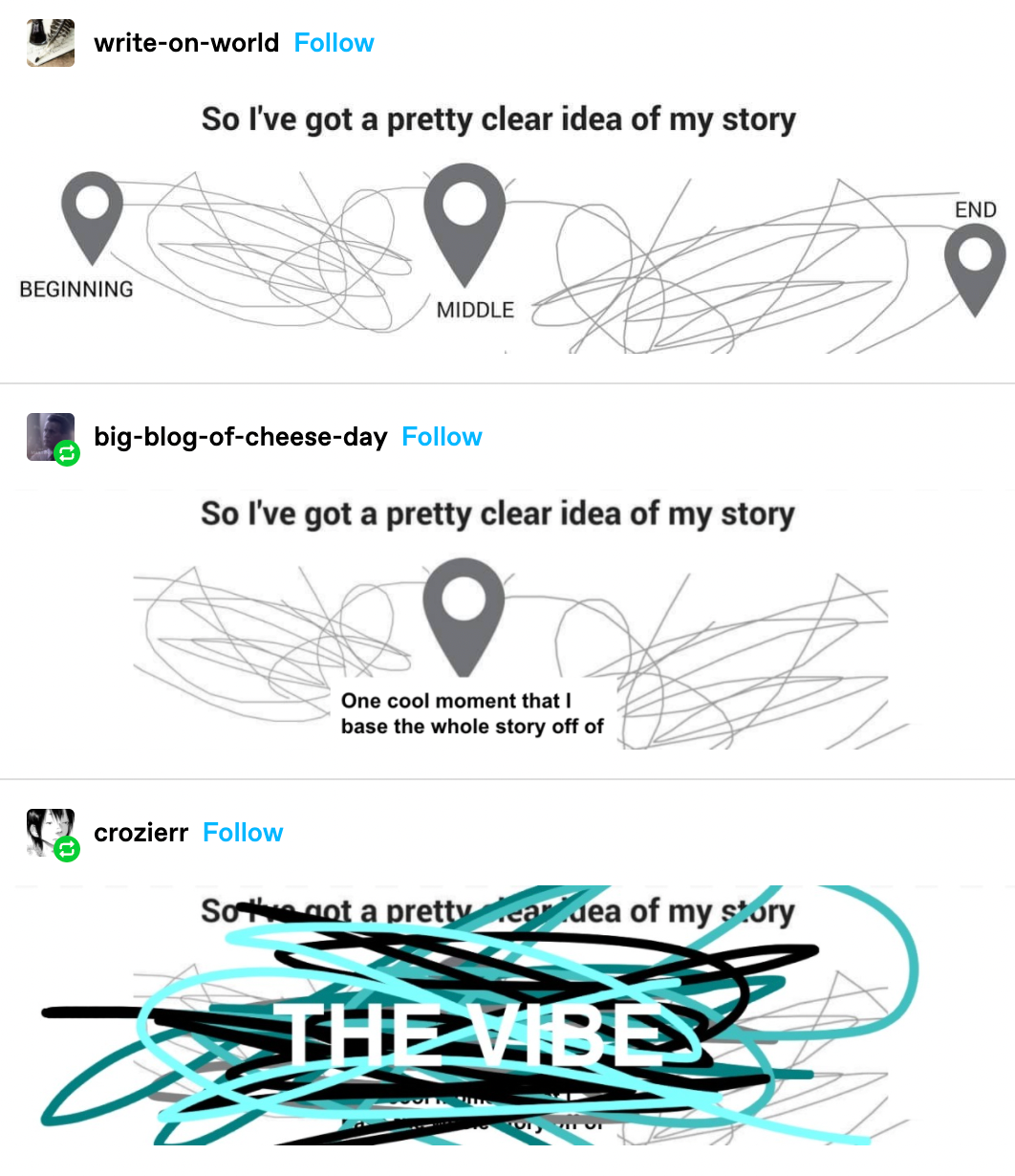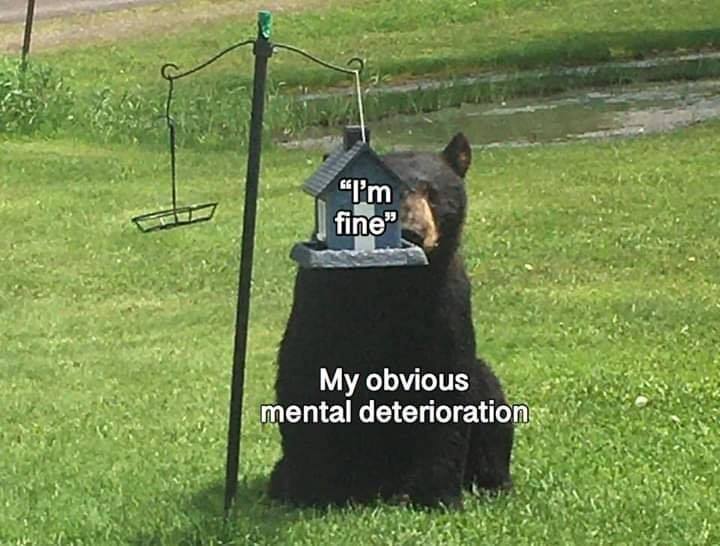Issue 39: Writer origin stories
I was in a big writing slump these last few months but I’ve been feeling rejuvenated after attending some remote writing community events. (Reminder to future self: seek out community when feeling blah.)
I got some writing done at Yanyi’s Hotpot, a space for Asian diaspora writers. At a Resort event, we read and discussed Alexander Chee’s essay, “The Writing Life,” from his excellent essay collection How to Write an Autobiographical Novel. It was great to revisit this essay, which is a character study of Annie Dillard, a compilation of writing advice, and Chee’s own origin story of sorts. Catherine LaSota, founder of The Resort, asked us an opening question that I’ve still been thinking about: “What is your own writer origin story?”
Several of us talked about being precocious readers as kids and wanting to make up our own stories. Others talked about the moment they realized writing had the power of persuasion, best employed to argue for sleepovers and/or bedtime extensions. Perhaps most excitingly, it was a new way to feel seen and understood.
This was more than just a fun introduction or icebreaker—it was an opportunity to reflect on all the things that drew us to writing in the first place. While it’s useful to commiserate with fellow writers from time to time, it was a delight to see people’s eyes light up as they dug through their memories.
My writer origin story? I’ve been a reader for as long as I can remember. I spent a lot of time in an extended care program after school because both my parents worked. When I wasn’t picking raisins off the ants on a log or reading the same Dorling Kindersley book about the Titanic, I wrote stories. The first one I can remember was called “My First Rockit Ship.” A father and son go to the dump, build a rocket ship in their backyard out of scraps, and go to space. Jeff Bezos’ dream, but with shittier pacing.
But the real story is, of course, more circuitous. I wrote stories throughout elementary and middle school. Fiction came so easily before I had any sense of taste or shame. I started writing for a real audience the day I posted my first fanfiction at age twelve. It was in college where I grew self-conscious about my ideas and abilities. In writing classes, I was surrounded by people more talented and outgoing than me who ripped my pieces apart in workshops. I was preparing to apply to the creative writing major but chickened out at the last minute. I told myself then it was to deepen my focus in computer science and journalism. In reality, I was afraid that I might not be the writer I thought I was.
My favorite writer origin story was one where the person said that “writing is quicksand.” Despite having other artistic interests, they always kept getting sucked back into writing. The metaphor is almost violent, but I think it gets at the gravity of writing as a pursuit. It exerts a force on your life that’s difficult to resist. You may try to ignore it, but you can’t escape.
When I started writing again after college, I wrote personal essays. Writing was the best way to process difficult experiences. It was a release and gave me clarity. I felt myself slipping back into the quicksand, not knowing what it would entail but knowing that it was something vital I had to explore.
Of course, origin stories are still just stories we tell about ourselves. There’s always room for that story to change, for us to revise it. But maybe understanding our beginnings is what can help us sustain our work and a creative life. They may not only inform why we write, but also how. Looking back on my own experience, I can see the importance of feedback, community, and ways to experiment safely. As Dillard tells her students in Chee’s essay, “Talent could give you nothing. Without work, talent is only talent, promise, not product.”
What is your writer origin story? How did you get to where you are now? What about writing always sucks you back in?


Creative resources
- I’m loving Nicole Chung’s newsletter for The Atlantic, I Have Notes, that’s part advice column and part craft essays. Her first dispatch contains some great writing advice for busy people.
- “Drafting a Personal Essay Is Like Stumbling Through a Dance” by Lorraine Boissoneault
- An excellent interview with one of my favorite food/newsletter writers, Alicia Kennedy, on taking yourself seriously and maintaining boundaries with readers.
- Alexander Chee on overcoming writers’ block: “Keep in mind that writing is work and that when the idea you are rejecting seems like an insurmountable object, you are engaging in a number of destructive fantasies: that you could get it right on one try; that you don’t need to work at something to accomplish it; that you are a failure already, without trying anything at all.”
- It’s National Novel Writing Month! I’m not participating this year but I’m revisiting Kate McKean’s tips for tackling a big project.
Recent reads & other media
I read Helen Hoang’s The Heart Principle and was really blown away by its deep depictions of grief, caregiving, illness and body image, and autistic burnout. While it’s just as steamy and romantic as her past books, it was emotionally heavier in many ways and I found the complicated family dynamics particularly resonant. I also read Jami Attenberg’s All Grown Up, which is a vignette-y novel about a child-free, unmarried 39-year-old woman. Attenberg, whose newsletter I love, writes beautifully about New York, relationships, and creative yearning while challenging traditional hallmarks of adulthood.
I’m excited for the Great British Bake Off semi finals this week! This season’s contestants have been so good (Chigs only learned how to bake in the pandemic and can do flawless chocolate work??) and I’m so glad the technical challenges have been less chaotic.
~ meme myself and i ~
How two audiobook narrators in a car pass the time. Getting serious about art again.I can’t stop making this perfect fall cocktail. When you do the entire group project by yourself. Community characters and their vaccination statuses. Sheet music is funny.

